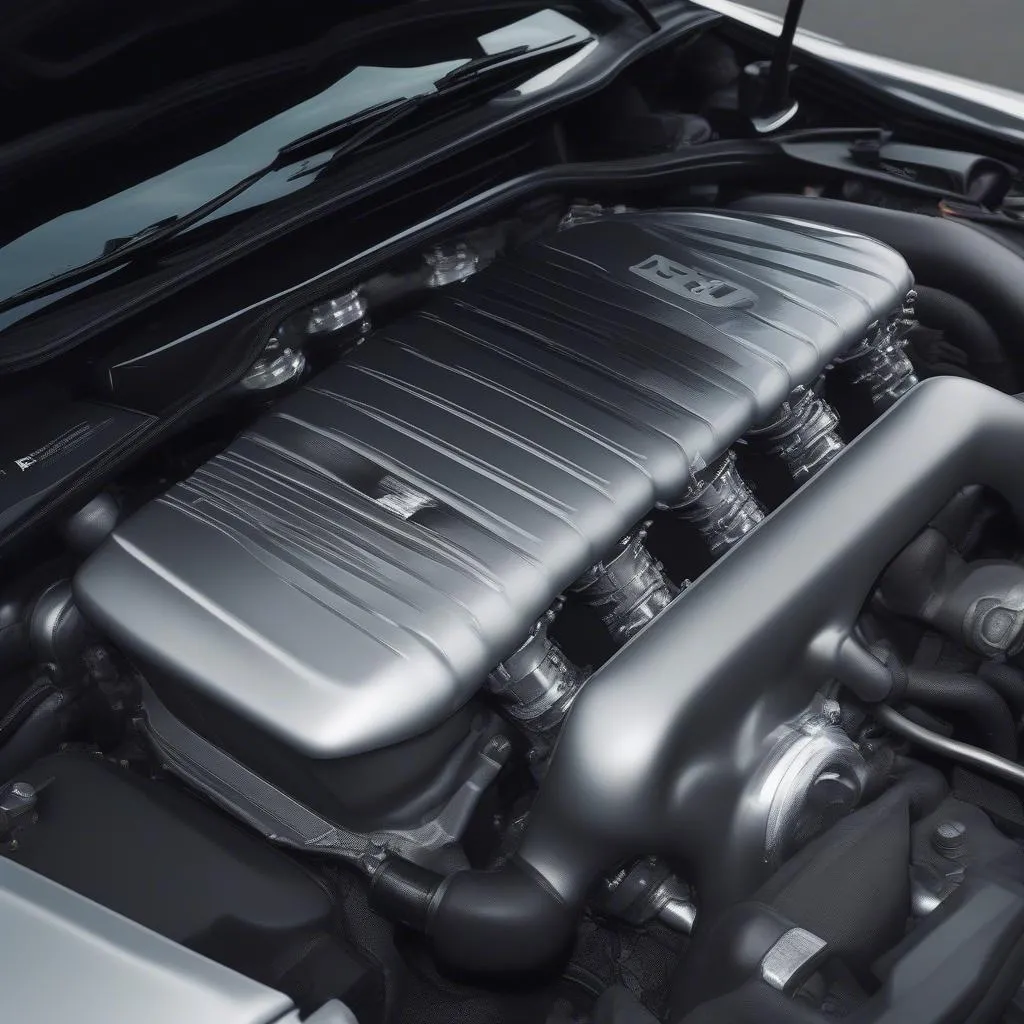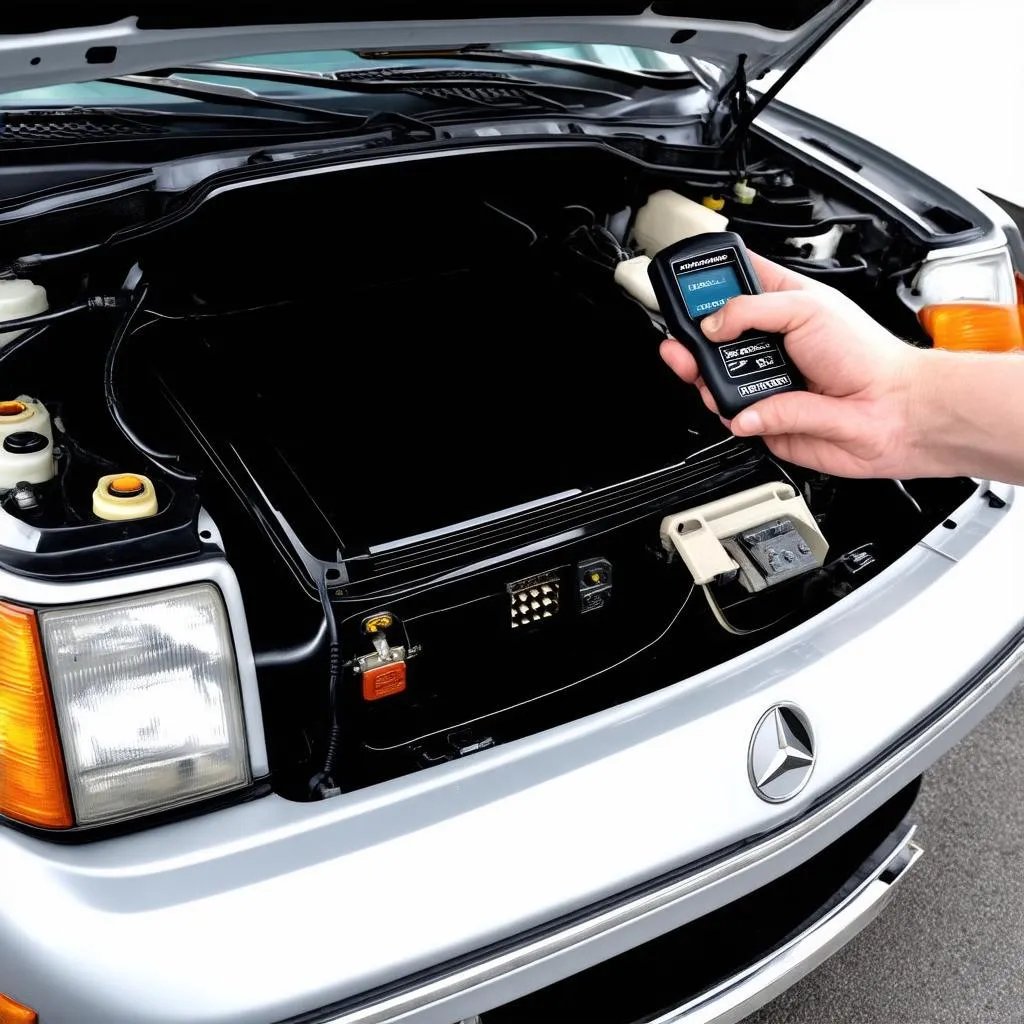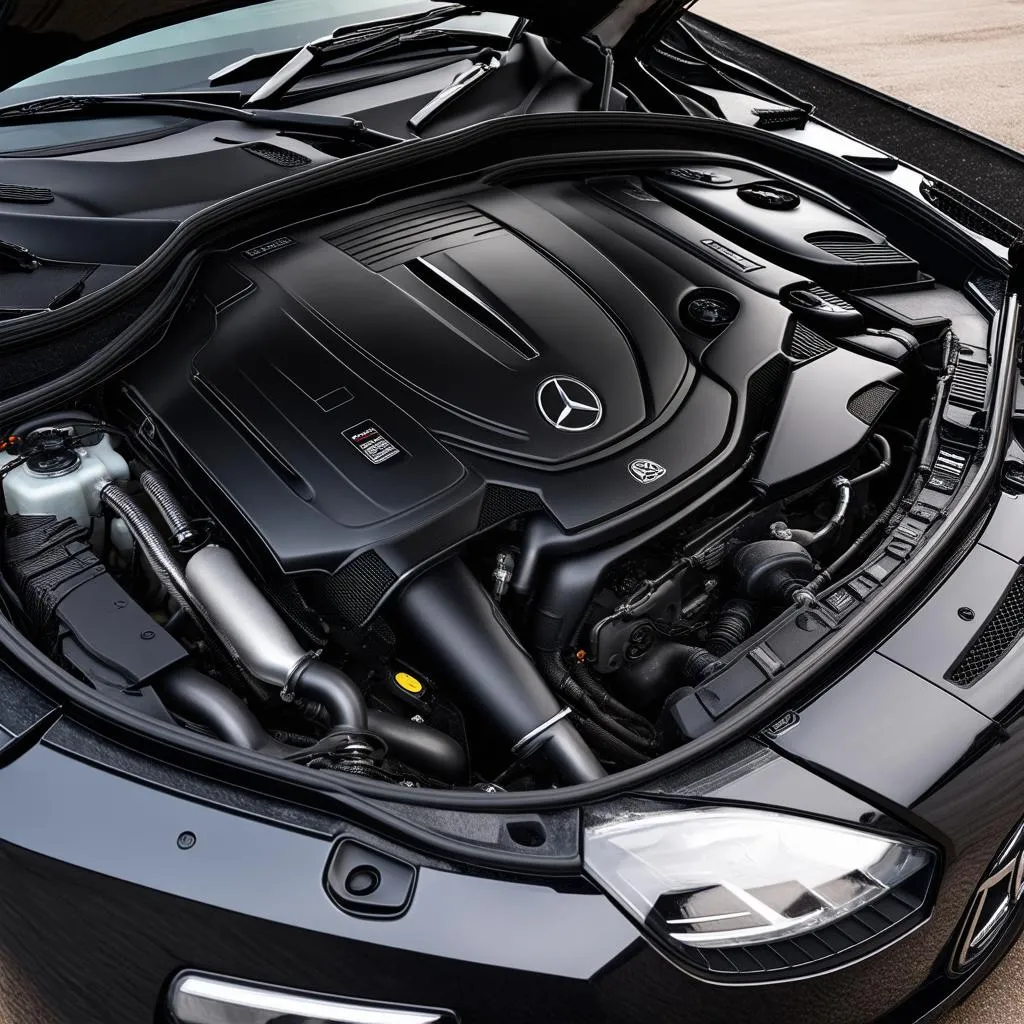Owning a luxury German car like Audi, BMW, or Mercedes-Benz is a dream for many. But along with exhilarating performance and sleek aesthetics comes the reality of maintenance. These prestigious brands often come with equally prestigious repair costs. But which one is truly heavier on the wallet when things go wrong? Let’s delve into the world of “Audi BMW Mercedes cost to fix comparison”.
Unpacking the High Cost of German Engineering
Several factors contribute to the higher repair costs associated with these German brands:
-
Sophisticated Technology: These cars are packed with cutting-edge technology, from complex engine management systems to intricate infotainment setups. While these features enhance performance and comfort, they also mean specialized parts and expertise are needed for repairs, driving up costs.
-
Luxury Materials: High-quality materials, like premium leather, advanced alloys, and sophisticated electronics, contribute to the luxurious feel but are inherently more expensive to replace.
-
Brand Reputation: There’s a premium associated with owning these prestigious brands, and that extends to the cost of parts and labor.
-
Specialized Labor: German cars often require specialized tools and training to service properly. This expertise comes at a price, reflecting the higher labor rates at dealerships and specialized repair shops.
 German car engine
German car engine
Spotting the Red Flags: Common Issues & Diagnostic Tools
Recognizing early signs of trouble can save you from hefty repair bills down the line. Here’s what to watch out for:
- Check Engine Light: This is your car’s cry for help. Ignoring it could lead to more serious (and expensive) problems down the line.
- Unusual Noises: Any strange sounds coming from the engine, brakes, or suspension should be investigated immediately.
- Fluid Leaks: Keep an eye out for any leaks under your car.
- Performance Issues: Notice a decrease in fuel efficiency, sluggish acceleration, or strange handling? It’s time for a checkup.
 Car diagnostic tool
Car diagnostic tool
Modern cars rely heavily on computer systems. Diagnostic tools, like those offered by CARDIAGTECH, can help mechanics pinpoint issues with remarkable accuracy, saving you time and potentially unnecessary repairs.
DIY or Dealership? Factors Influencing Repair Costs
Choosing where to get your car fixed plays a significant role in overall cost:
- Dealerships: Offer specialized knowledge and access to genuine parts, but often come at a premium price.
- Independent Specialists: Can be a more cost-effective option, particularly for older models, but ensure they have experience with your specific brand.
“It’s crucial to find a balance between expertise and affordability,” advises automotive expert David Miller, author of “The Smart Car Owner’s Guide to Repairs.” “Don’t hesitate to shop around for quotes and compare the credentials of different mechanics before making a decision.”
FAQs: Addressing Your Concerns
-
Q: Are Mercedes repair costs significantly higher than Audi or BMW?
- A: While Mercedes parts are often perceived as more expensive, the difference isn’t always substantial. All three brands fall into the luxury category, and repair costs can vary greatly depending on the specific model, age of the car, and the nature of the repair.
-
Q: How can I keep my repair costs down?
- A: Regular maintenance is key! Following the manufacturer’s recommended service schedule can prevent minor issues from escalating into major (and costly) problems.
-
Q: Can I use aftermarket parts to save money?
- A: While aftermarket parts can be cheaper, they don’t always match the quality and durability of original equipment manufacturer (OEM) parts. Consider this trade-off carefully.
Making Informed Decisions for Your Beloved German Ride
Ultimately, predicting the exact cost of repairs for any of these brands is an impossible science. However, understanding the factors influencing these costs, recognizing potential issues early, and making informed decisions about where to service your car can help you maintain your prized possession without breaking the bank.


